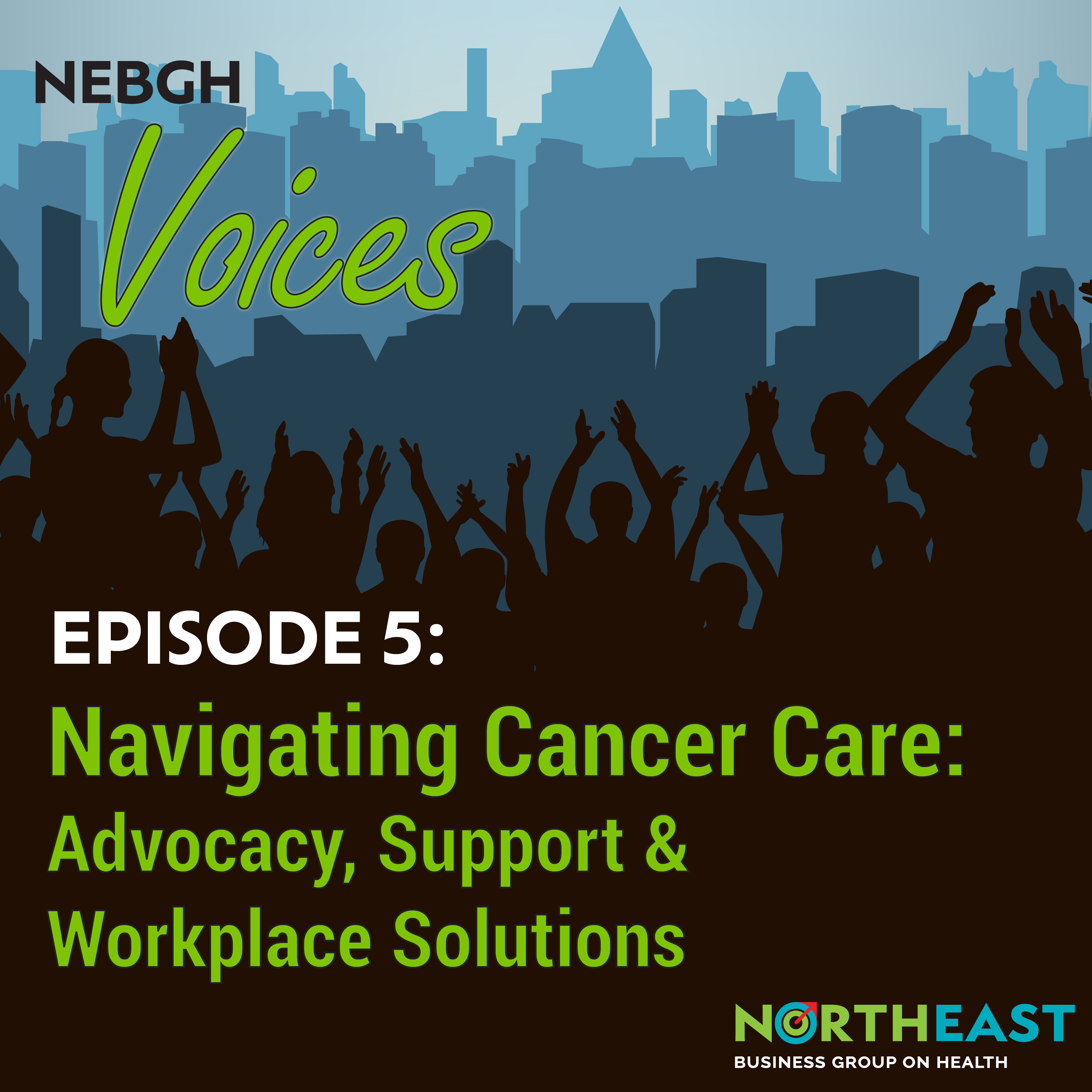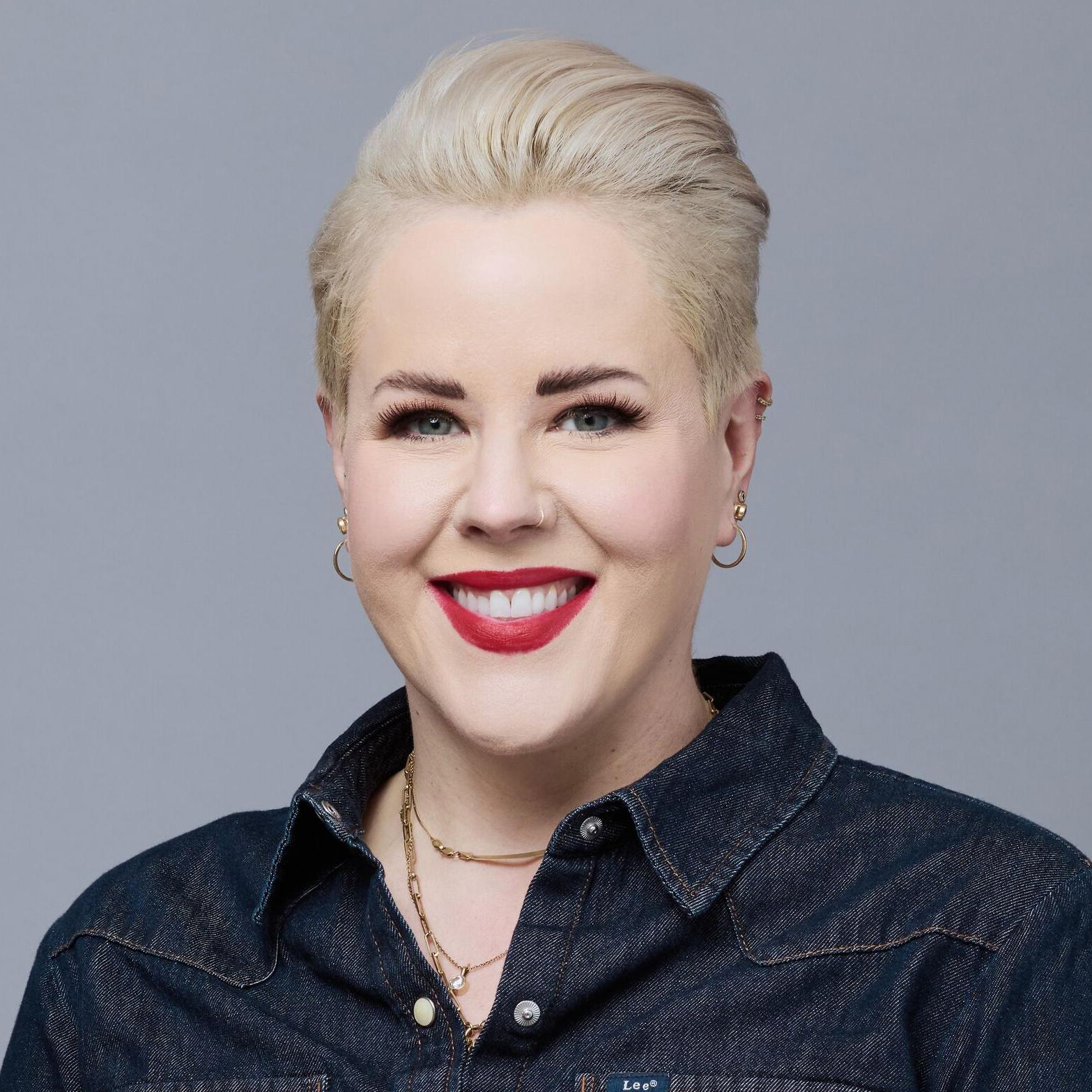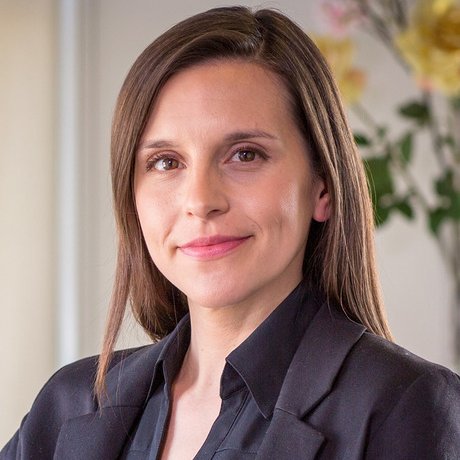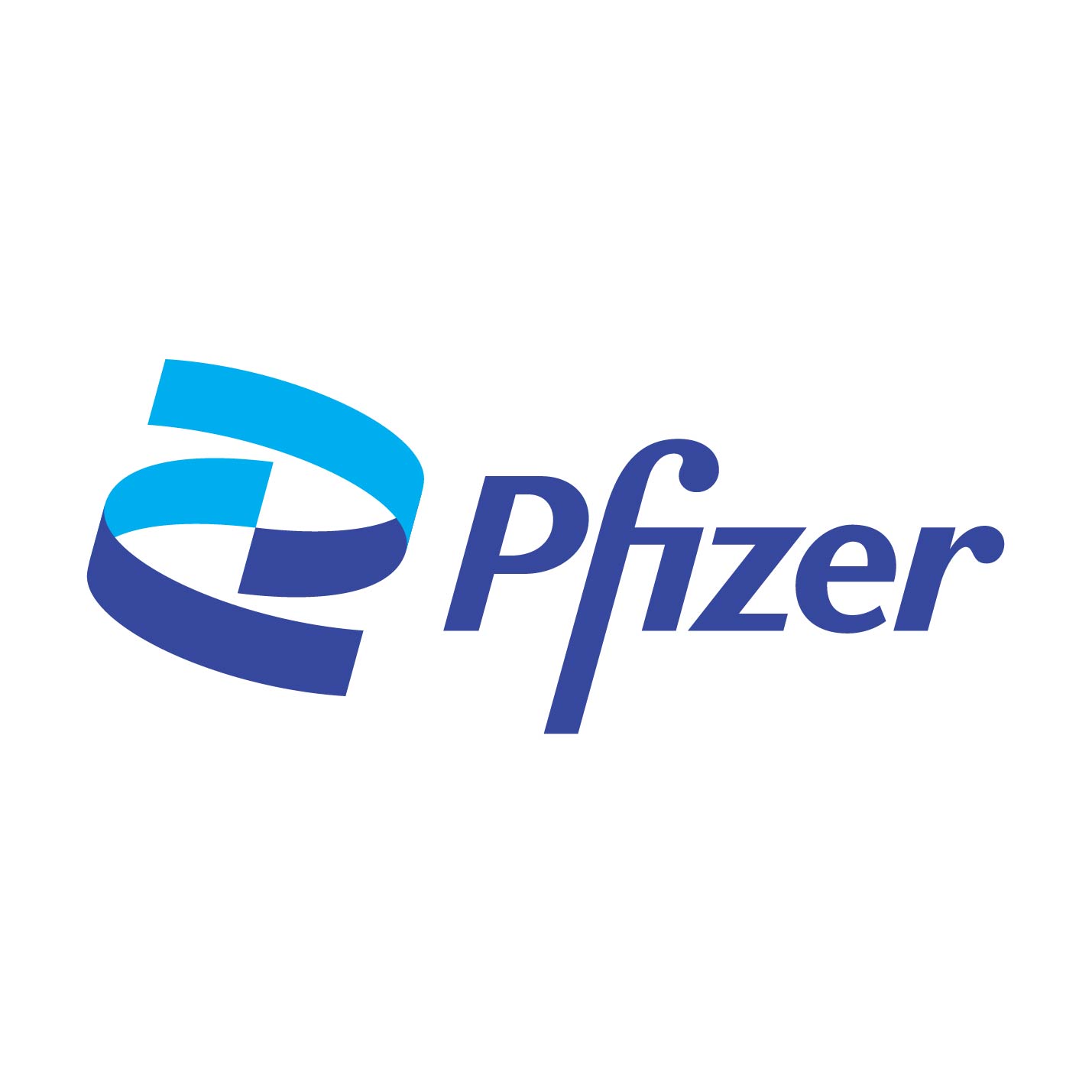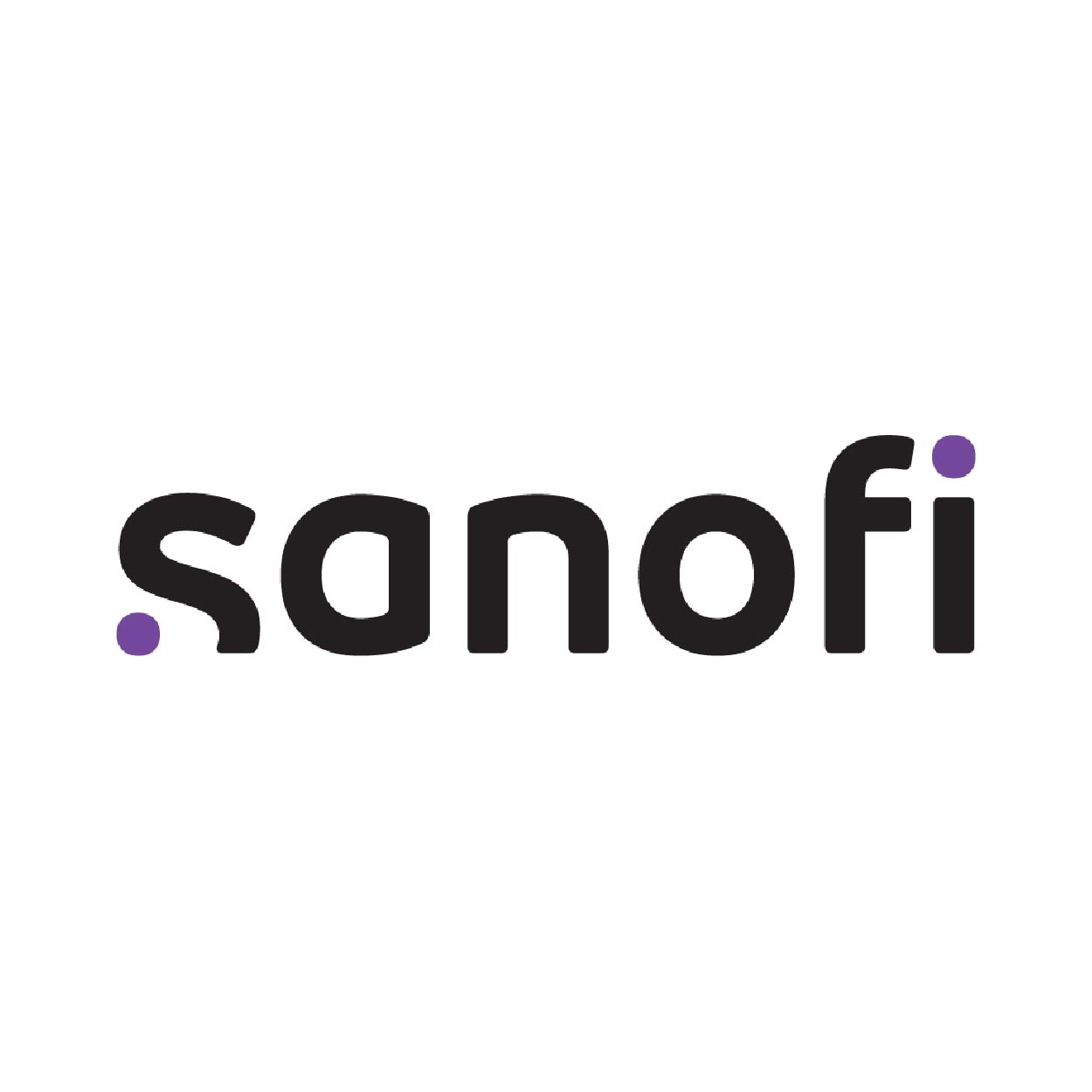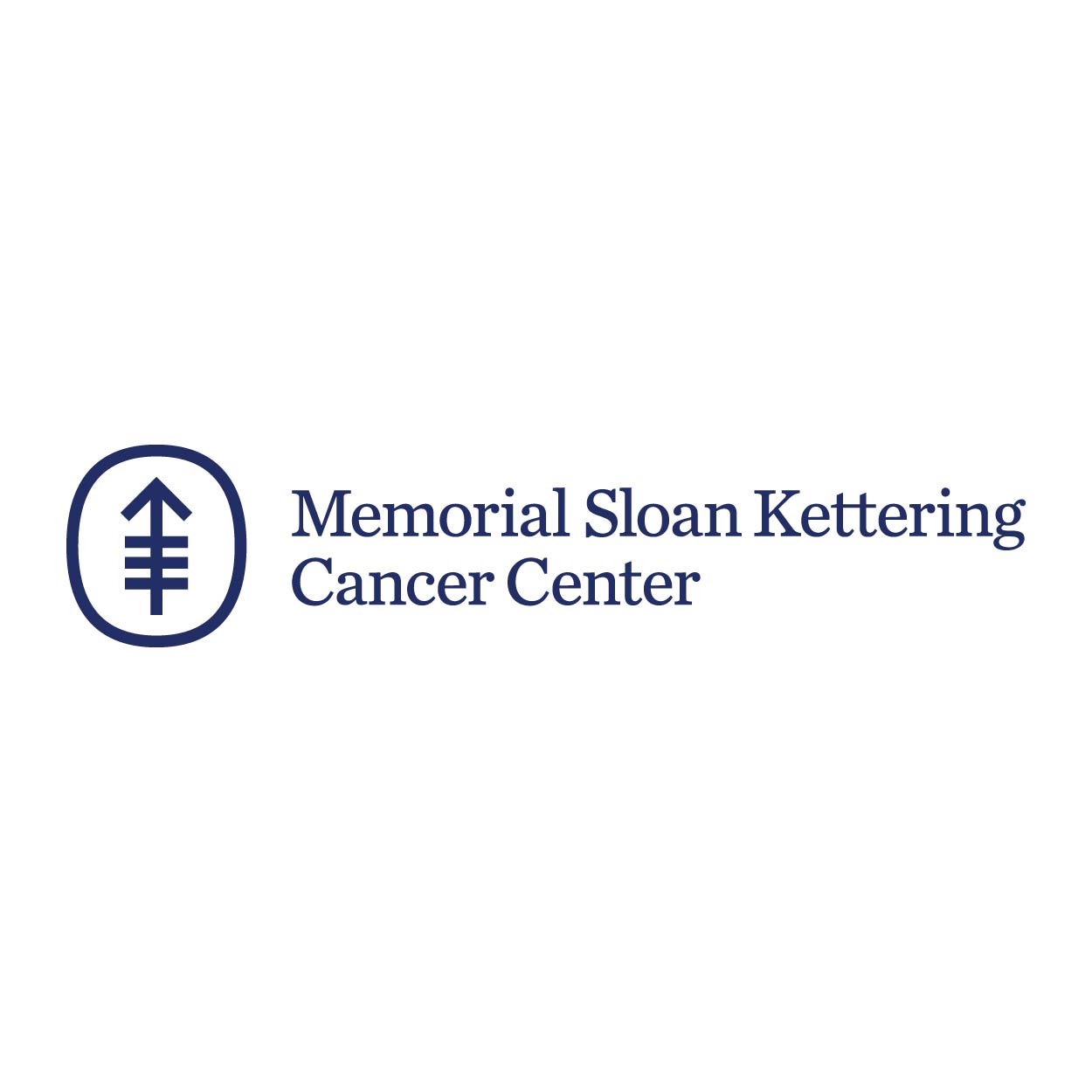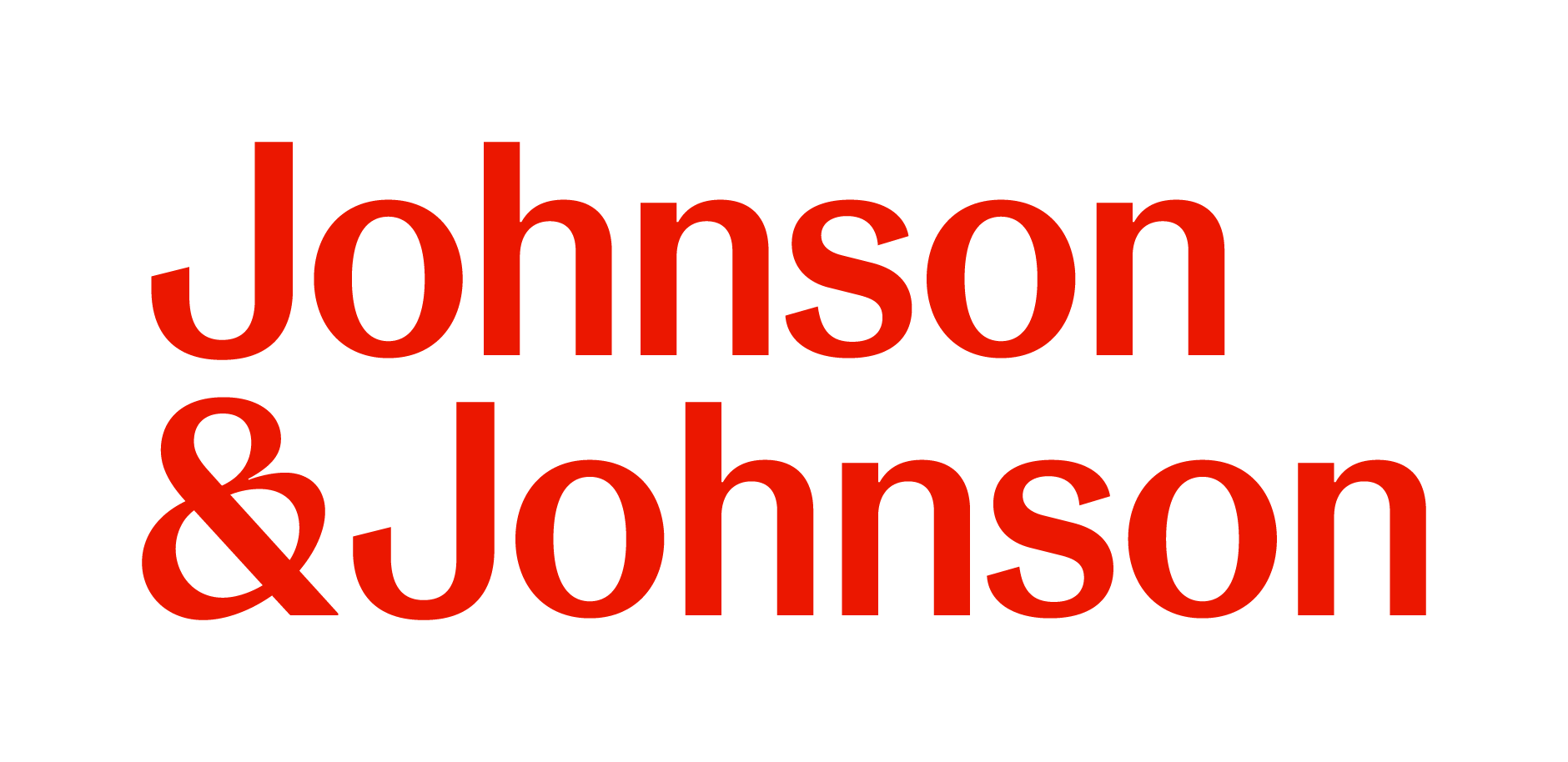Kim
Hello everyone. I’m Kim Thiboldeaux and it is my pleasure to welcome you to NEBGH Voices, I’d like to welcome our guest today, Elizabeth Franklin, who serves as head of US Public Affairs and Patient Advocacy in Oncology with Sanofi and Marissa Fors. She is the director of Specialized Programs at CancerCare. Elizabeth and Marissa, welcome to the podcast.
Elizabeth
Thank you so much.
Marissa
Thank you.
Kim
Um. Elizabeth. Let me start with you. Just tell us a little bit about you and about your your background, sure.
Elizabeth
Sure. Thanks, Kim. And thank you to the Northeast Business Group on Health for hosting me. I’m really excited to join you for this important topic. I am an oncology social worker by background. I have a BSW and MSW and a PhD in Social Work, which I’m very proud of. I spent 15 years in nonprofit patient advocacy, most recently with the Cancer Support Community, and I started my career at the National Association of Social Workers. So I’ve been living in DC for almost 20 years. That’s where my career has been based and have been working in policy and advocacy macro administration, and I joined Sanofi about three years ago as Head of Public Affairs and Patient Advocacy for oncology. So I have the great fortune to work with all of our patient advocacy partners, so groups like the Cancer Support Community, the American Cancer Society, like CancerCare is one of our is one of our partners to really understand what’s important to patients and to bring that information inside the company, to make sure that we are truly patient centered in everything that we do. And I know we’re going to talk today about navigation. So I also have been heavily involved in patient navigation over the years. I’m the lead author of the Oncology Navigation Standards of Professional Practice. I co-chaired the Policy Task Group of the National Navigation Roundtable. And I’m just incredibly passionate about the importance of navigation, and I’m excited to talk about just how important navigation is in every cancer patient’s life today.
Kim
Thank you, Elizabeth, or Dr Franklin, thank you very much. Terrific. Marissa. Tell us a little bit about you and your background and the work that you guys do at CancerCare.
Marissa
Oh, yes. Well, thank you, Kim, and thanks so much for having me as well. Always a pleasure to make these connections and speak about the work that we do. My name is Marissa Fors. I am a licensed clinical social worker and an oncology social worker. I’m the Director of Specialized Programs at CancerCare, and for over 80 years now, CancerCare has empowered millions of people affected by cancer through our free programming like free counseling, resource navigation, support groups, educational resources, advocacy and direct financial assistance. And our oncology social workers improve the lives of people diagnosed with cancer, their caregivers, survivors and the bereaved by addressing emotional, practical and financial challenges. And part of my role is to provide leadership to support the delivery of these programs to all people impacted by cancer.
Kim
Terrific, impressive. And where can folks find CancerCare? What is your website?
Marissa
Our website is cancercare.org.
Kim
Perfect. Terrific, terrific. Um, Marissa, let’s start by just talking about, um, what are some of the top concerns or or stressors for somebody who’s diagnosed with cancer?
Marissa
Great question. Cancer can impact a person and their family, really, in so many ways. First, it’s often the initial shock of hearing the word “cancer.” That word cancer, that diagnosis, can bring about so many questions and concerns. So top stressors can start with the anxiety or fears of the unknown, not knowing what to expect with treatment, or how cancer will impact their lives or their family’s lives. How will this impact their ability to work, their finances and even their future? So other concerns include how the diagnosis or even the treatment side effects will impact their ability to take care of themselves. Will it change their independence or their identity, and really, with so many changes and stressors, it’s not uncommon to see people with cancer express feelings of worry, anxiety, sadness or even anger. That’s why understanding the emotional, practical and the financial challenges of people impacted by cancer is so important.
Kim
Absolutely. Marissa. And, Elizabeth, I think some of what Marissa is speaking to also talks about maybe people’s desire to work, or their ability to work, or, you know, be engaged in the workplace. And I want to get to that in a little bit, because I do think it’s important. But, but Elizabeth, talk to us about this term, patient navigation, right? How does it play a role? We’ve seen patient navigation evolve over the past, you know, decades. But what do we know about what navigation is and what are its benefits to patients and caregivers?
Elizabeth
Sure, so patient navigation was founded by a surgeon named Dr. Harold Freeman in 1990 in Harlem, New York. And like you said, it has evolved and expanded and really become a go to you know, I always tell people, “Please don’t call it value added because it’s essential” right? I have never met a single patient who is dropped into the world of cancer care, because it is truly like being dropped into a foreign land with no math. I’ve never met a patient who feels prepared and comfortable and ready to to address their disease. They will get there, right? Many people do get there with support, like Marissa is talking about, but they’re not there right away. So it’s critically important that the navigator steps in and, you know, I’m going to share the official definition of navigation as we described it in the standards, and it’s “individualized assistance offered to patients, families and caregivers to help overcome healthcare system barriers and facilitate timely access to quality health and psychosocial care from pre-diagnosis through all phases of the cancer experience.” So really what that means is, when you are diagnosed with cancer, you know, Marissa talked about the really important impacts, like anxiety, depression. You know, as social workers, we think about those psychosocial impacts, but there’s so much more for people impacted by cancer to think about. Kim, you talked about work, right? If someone wants to continue working, or if their caregiver wants to continue working, but the ability to take the patient to their their different treatments really has an impact. What about paying for cancer care? What about paying for transportation? I think anybody who’s worked in a cancer center like I have knows that transportation is is a huge burden for so many patients. We know that housing, if someone is traveling, they need to have housing. These things add up. So the financial implications of cancer care can be significant. There’s also just a ton of logistical issues right getting there, making sure that you can take time off work, like I said. Making sure that you have everything you need to be able to focus on your cancer care, and that’s where navigation steps in. Navigators, you know, I call them magicians. They sort of figure out exactly what a cancer patient or their caregiver needs by talking to them, by centering them. And we know that navigation works right. We used to hear over and over, show us the research. Conduct more research. I don’t want to conduct any more research, because we know that navigation works right. It increases cancer screening rates. It increases patient knowledge and understanding. It can even improve outcomes. It can keep patients out of the emergency room. It can help patients identify cancer at earlier stages, where they can receive less invasive and less costly treatment options, and it can keep patients within the system. So it’s important for hospitals to understand how this can save money, right? Because we’re all looking we know that cancer care is expensive, so not only is it the right thing for the patient and their outcomes and their satisfaction, but it also is the right thing for the bottom line, and we know that the business is an important component of this to consider, and it’s important for employers to consider as well. If navigation works and keeps patients happier, healthier and on the right track that they define, then we should be utilizing navigation.
Kim
I think that’s a great summary and really talking about those effects and impacts and can reduce cost, improve patient outcomes. I think all those things are are important. Elizabeth, you talked at the beginning about your work with the National Navigation Roundtable. I think a lot of folks probably don’t even know that a group like that exists. So just take a minute to tell us what they do. And I know part of their advocacy has led to some changes in reimbursement. I know they partnered with the White House Office of the Cancer Moonshot to also address some of the costs related, particularly for Medicare patients. Can you give us a summary there? Sure,
Elizabeth
Absolutely. So the American Cancer Society, which is one of the leading cancer patient advocacy organizations, created the National Navigation Roundtable in 2017 and they have other round tables which seek to advocate for either particular cancers, right? There’s the colorectal cancer round table, the lung cancer round table, or this is one that really is focused on navigation. So there are over 150 member organizations, and the goal is to advance navigation efforts, eliminate barriers to quality care, reduce disparities and foster ongoing health equity across the cancer continuum. Frankly, CancerCare is no pun intended, Marissa, cancer care, cancer treatment, addressing people’s cancer challenges is too big for any one organization to address, and so we all come together to say, “Wow can we work together to support the field of navigation?” One of the biggest challenges of navigation since its founding is that it wasn’t reimbursable, right? And so when you go to the doctor, that doctor is receiving reimbursement, whether through the government, Medicare or Medicaid or through commercial insurance plans for the care that they’re providing you. Navigation was not reimbursed. So through the efforts of the National Navigation Roundtable and those 150 plus member organizations, we came together with the White House Cancer Moonshot to advocate for CMS to begin covering reimbursement for navigation. So the CMS 2024, Medicare Physician Fee Schedule finalized, or reimbursement code for patient navigation services focused on patients with serious illness like cancer. So it’s cancer, but it’s also any any other serious illness. And there’s lots of resources on the National Navigation Roundtable website where you can learn more about what that includes, but the American Medical Association also provided guidance for CPT codes, so this is how commercial insurers can also utilize and reimburse clinical navigation, because we know that there are clinical services like clinical social work navigation or clinical nurse navigation, and then there’s also more of those logistical services provided by other patient navigators. And it was important to be able to provide reimbursement for all types of navigators to ensure the sustainability of this profession. So it’s huge. It is a massive step in the right direction for navigation, and it’s frankly, even just the nod that the federal government is saying “We get it, navigation is important, and navigation works, and we are going to provide reimbursement for this” is really, really an incredible accomplishment, and I’m so proud of everyone who’s been working on this. And
Kim
And just to address the alphabet soup of inside the beltway, CMS, Elizabeth. Centers for Medicare, Medicaid services under the Department of Health and Human Services, yes.
Elizabeth
Yes. Thank you. Kim. I’ve been in D.C. for so long
Kim
terrific. Elizabeth, if you have it at the top of your mind, the National Navigation Roundtable website, the URL, I’m going to come back to you and ask for that in a minute, but I want to make sure we reinforce the CancerCare website and that website as well. So let me turn back to Marissa. Marissa, we often hear a term psychosocial support, which sounds kind of scary, any term that has Psycho and it might be a little intimidating for a cancer patient to hear break that down for us. What does that term psychosocial support mean, and what are the benefits of psychosocial support services?
Marissa
Yes, well, I agree, if something is you know, if you don’t know what a term means, it can be very scary. So when support is tailored to the specific psychological meaning, emotional or mental needs, and also tailored to the social support needed, practical, spiritual needs of an individual. We call this psychosocial support. So this combination sees the individual as a whole and addresses their comprehensive needs to really improve their overall well being. So we see this translate to include not only support such as individual counseling, but also group or peer support, cancer education, navigation, you know. Thorough psychosocial support will assess where a client’s needs and understand what their barriers to receiving the best care and outcomes are individuals and families that receive this type of support are able to benefit from increased emotional and mental well being, improved access to care, better understanding of their diagnosis and their treatment and really addressing all these needs will help lower distress and allow patients to better cope with cancer.
Kim
Thanks, Marissa and and I just want to talk for a minute about about caregivers. So, so first of all, we’re seeing an increase in cancer diagnoses among working age adults, younger adults. But I also imagine you know that a lot of folks who are of working age are also caregivers, maybe particularly caregivers of a of a parent who might be dealing with the cancer diagnosis. What kind of services do you guys provide for caregivers at CancerCare and how important is it for us to sort of recognize and address the challenges that folks are facing, um, you know, as caregivers of someone with cancer?
Marissa
Well, I just want to thank you, first for asking about caregivers. It’s so incredibly important to talk about, you know, the people that care for others. Caregivers need support too. They take care of so much. They provide emotional support. They provide practical support to the people they love and often forget the importance of really getting help and taking care of themselves. So professionals, you know, like supportive oncology, social workers like CancerCare, can help support caregivers by providing really the same level of support that we would to someone with cancer. We could help them learn to express themselves, find ways to cope with their feelings, give themselves permission to take a break when needed. I think that’s really important. We could help caregivers understand their rights and how to stay educated. There are programs that provide not only education, but individual counseling, support groups specific to the unique needs for caregivers, and we can help provide, you know, that support guide them to additional services, help find that balance for them and really provide their own psychosocial support for them.
Kim
It’s terrific, really, I think important to reinforce that and the challenges that caregivers face, you know, again, potentially juggling caring for a loved one, potentially working full time, taking care of school aged kids, keeping the house moving. You know, it’s, it’s, it’s a lot. And I know the burden on caregivers can be really intense at times. Elizabeth, you know, at NEBGH, we’re employer led, employer driven. We have almost 100 fairly prominent employers in our network. So with that in mind, what are some of the things that employers can do to support their employees with cancer or those who are caregivers?
Elizabeth
I love that you’re asking me this question after Marissa describes the psychosocial care and the importance of caregivers, because I think it’s, it’s really important to just take a step back as an employer and recognize what I call the whole life impact of cancer on on patients, right? Kim, you just talked about the fact that it’s not just the patient, right? It’s, it’s the caregiver. It’s for me, you know, it’s my friends, it’s my support network, whatever care partner, caregiver means to you whatever your support network is. It’s important for employers to understand that cancer has a massive impact on the lives of people who receive a diagnosis and the people who love them. In terms of specifics, you know, just some ideas that that came up, in addition to making navigation available supporting things like paid leave policies for both patients and caregivers, ensuring that the most innovative treatments, like biomarker testing, clinical trials, again, those those things we have come so far in cancer care, which is incredibly exciting, but it also can be overwhelming. And we need to make sure that people have access to these new and innovative treatments. But there are, you know, things that employers can do that, I think many have been for a long time, things like health screenings and preventive services, which are fantastic. We know that there are some lifestyle modification programs available, vaccination programs. I’m going to talk about our Cancer & Work internal Affinity Group at Sanofi, but we offer educational resources and workshops. I think we forget, as people who utilize and provide education around cancer every day, that that’s not everybody’s life, right? People aren’t sitting waiting for a cancer diagnosis, so most people don’t have a deep understanding about cancer, so it’s important to provide education and various different pieces of information for your employees. Access to genetic testing and counseling. Telemedicine is fantastic. We’ve seen since the pandemic, just how important telemedicine and virtual health and mental health services really are. Building on what Marissa said, psychosocial support cannot be overstated. If you are too anxious, depressed, worried, to get to your cancer treatment, it doesn’t matter, right? It doesn’t matter that you are receiving the best care in the world. If it really is a burden on your, you know, your mental health and you’re not able to access that treatment. It’s so incredibly important to address psychosocial care and partner with patient advocacy groups. CancerCare is a fantastic example of one of the patient advocacy groups. Employers should reach out to CancerCare, find out how they can partner with them, because these groups are doing this work every day. They’re on the ground, providing the services, and it’s just critically important for those partnerships to happen.
Kim
You know, Elizabeth, you made a reference to a recent benefit, a paid leave policy, that Sanofi has put in place for employees with cancer and other serious illnesses. We had some of your colleagues from HR and Benefits on to talk a little bit about that, and how, you know, they arrived at that decision. So we’ll reference folks back to that conversation, but just take a quick minute to describe the benefit, because it really is extraordinary.,
Elizabeth
Yeah, I definitely hope people listen to that episode of the podcast, because my colleagues go, go deeply into the the policy, but I’m incredibly proud that Sanofi launched, launched a program called “Cancer & Work: Acting Together” and it covers all Sanofi employees if they are diagnosed with cancer or critical illness. It provides social, emotional and financial support and secures their job, salary and benefits for up to 12 months. We also provide flexible work arrangements, caregiver leave, and we make sure that managers are better equipped to support their teams impacted by cancer, that they have the resources and knowledge to take the step to help their teams navigate cancer, and that colleagues learn how to better engage with their their co workers to discuss work when someone’s going through such a difficulty. You know, we know that in the past, you know, perhaps it was the “C word” and a colleague just went to treatment and no one talked about it. We want to create an environment where the stigma is reduced, and people with cancer feel comfortable asking for help, and they know that their job will still be there when they return from treatment, and we can be flexible. So really proud of it. I hope people go and listen to that episode of the podcast, and just a huge thanks to you, Kim, for continuing to feature this important benefit that we have.
Kim
Absolutely I could talk to you guys all day. This has been an amazing conversation, but we’re going to have to wrap it up. I’d want to ask each of you. I’ll start with you, Marissa, but I just want to ask, you know, each of you just just two or three tips for somebody who’s just diagnosed with cancer. I mean, you know, they can be, you know, “You have cancer,” can be three of the scariest words put together in the in the English language. I always tell people, first, just take a deep breath. Let’s start there. But, but, Marissa, let me start with you just two or three tips for somebody who’s just been diagnosed. Elizabeth, I’m going to come to you next with the same question. Marissa.
Marissa
Yeah, my number one tip, it’s okay to ask for help. Asking for help is not a sign of weakness, it is a strength. So whether it’s help for emotional needs, practical needs, you know, support is out there. And as an oncology social worker, I have seen firsthand how talking about your emotion, learning ways to cope have such a great impact on someone’s ability to improve their health. So there’s support out there. You don’t have to face cancer alone. That’s my number one tip is to ask for help. I would also say, figure out what’s important to you. Understand what are your priorities, your values, even if you find that they’re shifting, which can be scary, it’s okay, normal and even expected, you know to feel you know what is, what’s important to you may be different after a diagnosis, so make sure you’re always doing what’s best for you.
Kim
Great advice. Marissa, thank you. Take us home, Elizabeth, couple tips for folks if they’ve just been diagnosed with cancer, and I I’ll add a tip first myself, is that is, connect with your employer, connect with your HR and Benefits folks to see and understand the resources that are available to you. So many of our companies are providing very generous support and have a lot of resources that folks might not know about if they have not dealt with, you know, cancer for themselves or in their family. So I would say folks start with reaching out to your HR and Benefits folks to see what’s available. What else, Elizabeth, should folks have top of mind?
Elizabeth
Yeah, Kim, I’m smiling because my first two, I’m glad I put a few down. My first two were, take a deep breath and don’t be afraid to ask for help. And a surprise to no one, we’re all aligned, which is great, right? I’ll just build on that. You know, it can be absolutely terrifying to hear you have cancer, but keep in mind that you know that initial moment will will pass. Try to really take a deep breath and you know you can record, you can ask if you can record your interactions with your care team. Take some little two appointments with you. Keep a journal of important information, whatever it is that’s going to make you comfortable. You don’t have to go into an appointment thinking, you know, I’ve got to memorize all of this and and I’m not going to know what to do. Ask if they have a navigator, right? We’ve talked about the importance of patient navigation, and if you have access to a navigator, use them. And then finally, I’ll just say, you know, I think there’s a lot of misinformation out in the world these days, and so it’s really important to seek evidence based information and tools. CancerCare is a great organization, the National Navigation Roundtable. We mentioned in that URL is navigationroundtable.org. There are many evidence based like the National Cancer Institute, and then Kim, there’s this book that I love, and I’m not sure if you’ve heard of it. It’s called “Your Cancer Road Map.” Really excellent evidence based. It’s written by Kim Thiboldeaux. So I encourage everybody to check out that book, because it’s full of incredibly useful and practical tips and tricks for when you’re diagnosed with cancer.
Kim
Well, terrific. That book was a, you know, sort of a compilation of 20 years plus working in oncology. And happy to say that all you know, proceeds from that book go to the Cancer Support Community and nonprofit that’s helping a lot of folks with the with the cancer diagnosis. So reminder for our listeners, cancercare.org, navigationroundtable.org, Elizabeth, is that right? Great, terrific. So check out all of these resources that are that are available. We also, at nebgh.org have a lot of great resources on cancer, cancer in working age adults. So check out our resources as well. I want to thank you both for joining today. What a great conversation. And you’re both incredible experts on this topic. And you know, really grateful for the time today. I know that this episode will inspire so many folks. As the episode comes to a close, I want to recognize our premier sponsors, Pfizer and Sanofi, our presenting sponsors, Grail and Memorial Sloan Kettering Cancer Center and our supporting sponsor, Johnson and Johnson. Grail is an independent sponsor of the podcast and not affiliated with the other sponsors. These wonderful partners make it possible for us to share this content with you. This is NEBGH voices. We hope you’ve learned something new today, until next time. I wish you wellness.
Kim
And I am one of the voices.
Voices
And I am one of the voices.
Voices
one of the voices.
Kim
of NEBGH.
